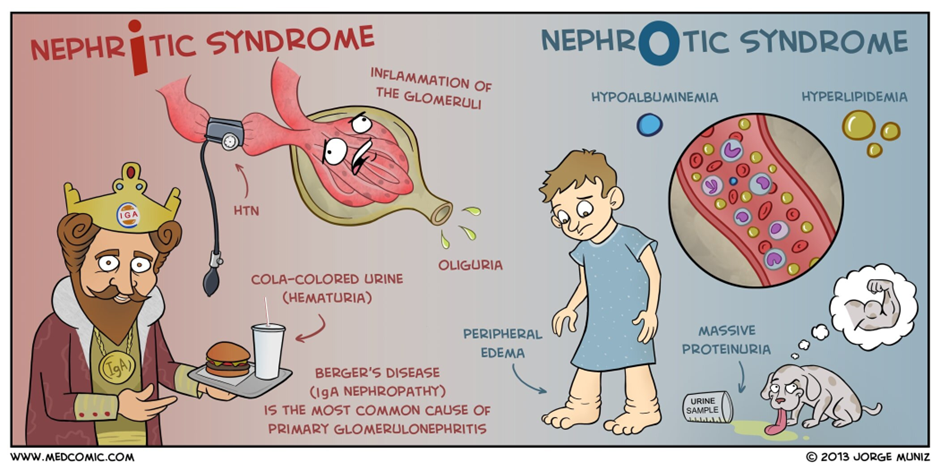A nurse is collecting data on a client who is experiencing hypervolemia. Which of the following findings should the nurse expect?
Bradycardia
Oliguria
Peripheral edema
Hypotension
The Correct Answer is C
A. Bradycardia:
Explanation: Bradycardia refers to a slow heart rate. In hypervolemia (fluid overload), the heart often compensates by increasing the heart rate rather than causing bradycardia.
B. Oliguria:
Explanation: Oliguria refers to decreased urine output. In hypervolemia, the increased fluid volume can lead to increased urine output rather than oliguria.
C. Peripheral Edema:
Explanation: Peripheral edema, or swelling in the extremities, is a common manifestation of hypervolemia. Excess fluid can accumulate in the tissues.
D. Hypotension:
Explanation: Hypertension, not hypotension, is more commonly associated with hypervolemia. The increased volume of fluid in the blood vessels can lead to elevated blood pressure.
Nursing Test Bank
Naxlex Comprehensive Predictor Exams
Related Questions
Correct Answer is A
Explanation
A. Proteinuria:
Minimal change nephrotic syndrome is characterized by increased permeability of the glomerular filtration barrier, leading to proteinuria. The loss of proteins, especially albumin, in the urine is a key feature.
B. Hypocalcemia:
Hypocalcemia is not typically associated with MCNS. In fact, the loss of proteins, including albumin, in the urine can lead to decreased oncotic pressure in the blood vessels, resulting in edema. However, calcium levels are usually within the normal range.
C. Hyperalbuminemia:
This is not a characteristic finding in minimal change nephrotic syndrome. In fact, the condition is associated with hypoalbuminemia due to the loss of albumin in the urine.
D. Positive for Ketones:
Ketones are not typically associated with minimal change nephrotic syndrome. Ketones in the urine are more commonly associated with conditions like diabetic ketoacidosis or starvation.

Correct Answer is D
Explanation
A. "My appetite will be decreased."
Explanation: Hyperglycemia is often associated with increased appetite rather than decreased appetite.
B. "I might experience blurry vision at times."
Explanation: This is correct. Blurry vision can be a symptom of hyperglycemia due to changes in the fluid levels in the eye caused by high blood sugar.
C. "My breath may have a fruity odor."
Explanation: Fruity breath odor is associated with diabetic ketoacidosis (DKA), which is a severe complication of diabetes. It occurs due to the production of ketones during uncontrolled diabetes, leading to this distinct odor. While it's related to high blood sugar, it's more specifically linked to DKA.
D. "I will be more thirsty than usual."
Explanation: Increased thirst is a classic symptom of hyperglycemia. When blood sugar levels are high, the body tries to flush out the excess sugar through increased urination, leading to dehydration and subsequently increased thirst.
Whether you are a student looking to ace your exams or a practicing nurse seeking to enhance your expertise , our nursing education contents will empower you with the confidence and competence to make a difference in the lives of patients and become a respected leader in the healthcare field.
Visit Naxlex, invest in your future and unlock endless possibilities with our unparalleled nursing education contents today
Report Wrong Answer on the Current Question
Do you disagree with the answer? If yes, what is your expected answer? Explain.
Kindly be descriptive with the issue you are facing.
